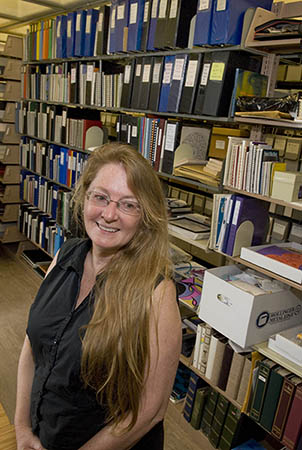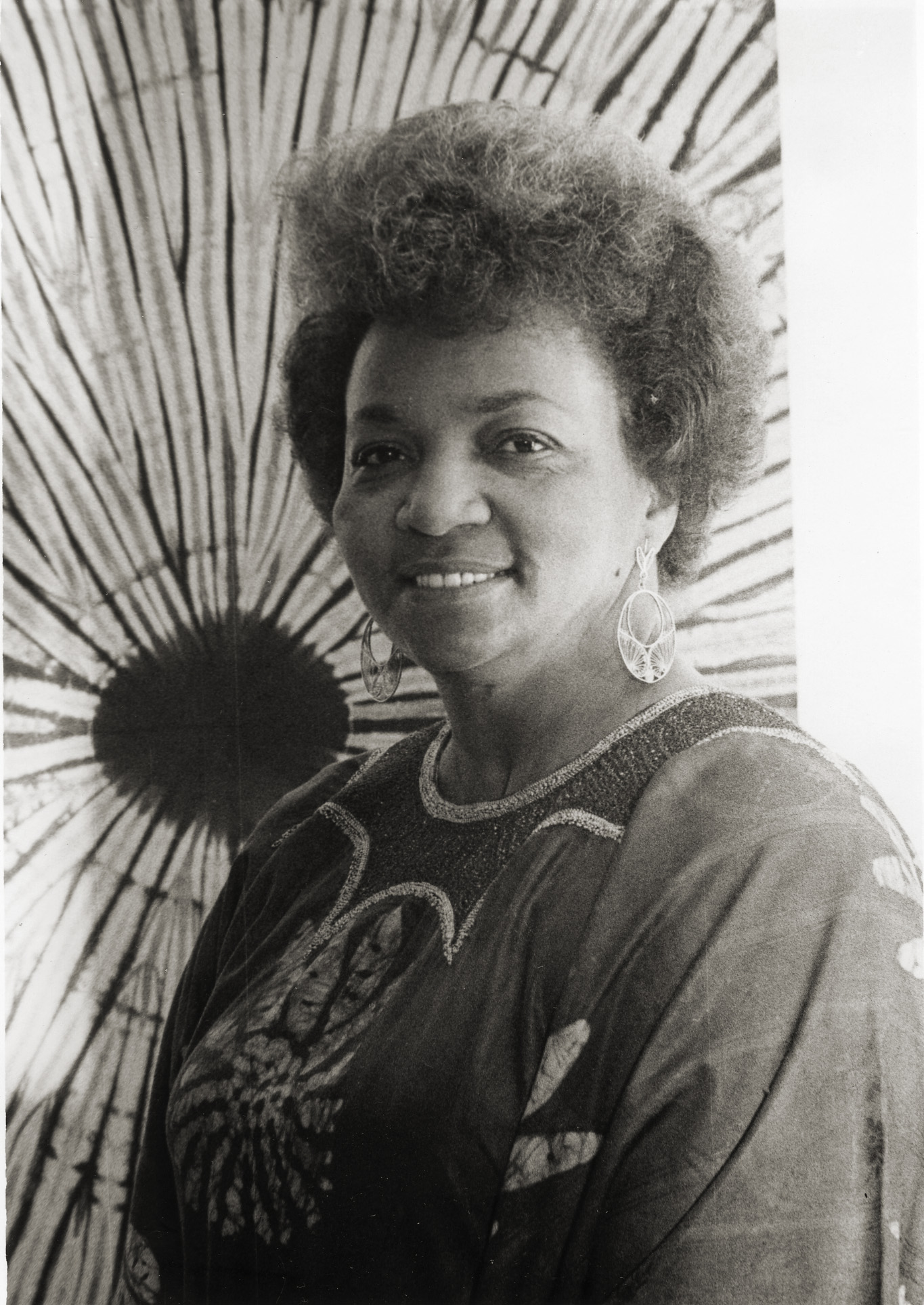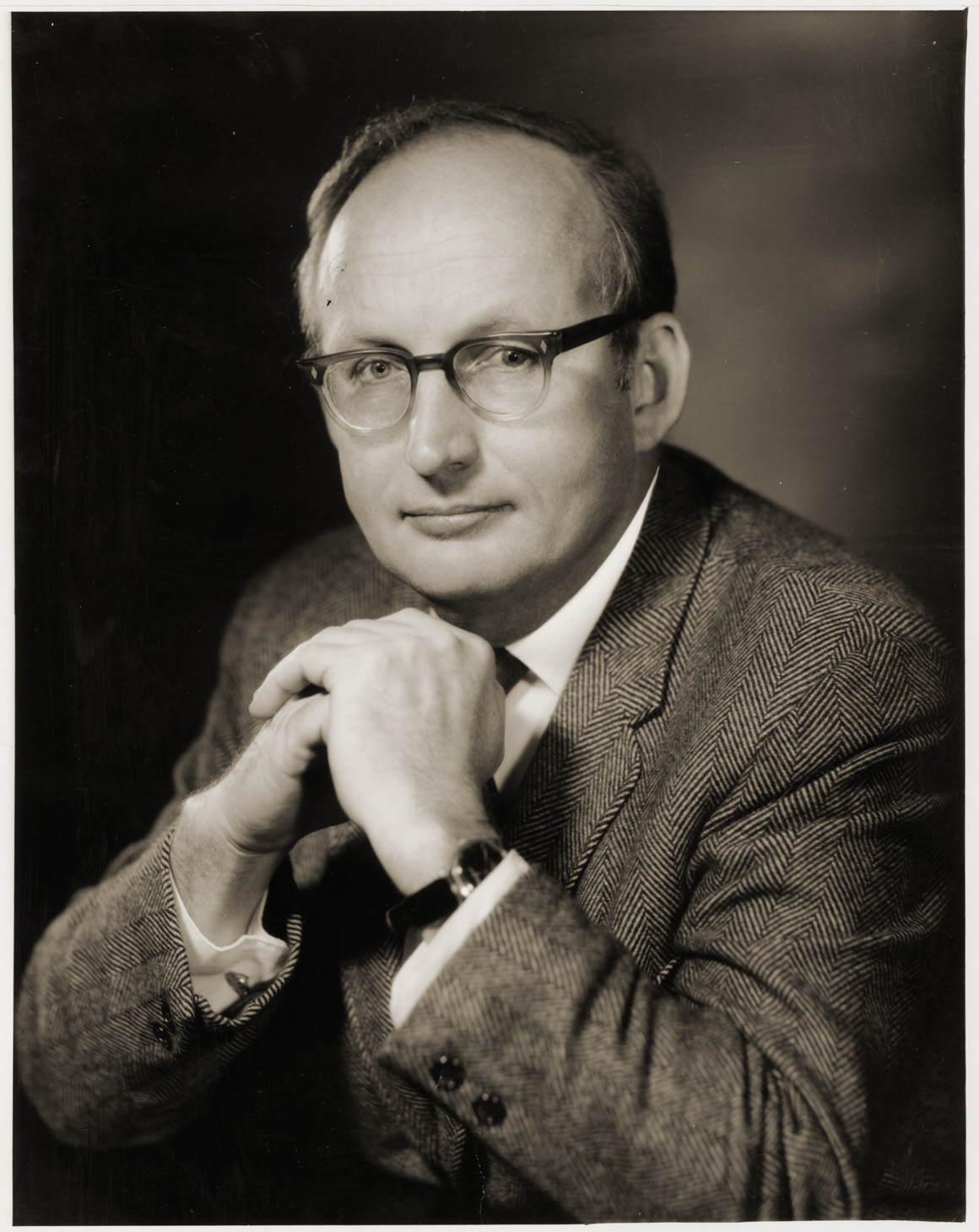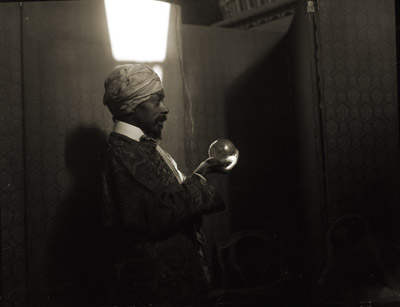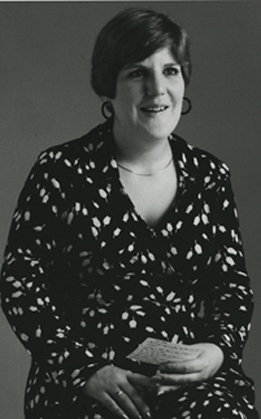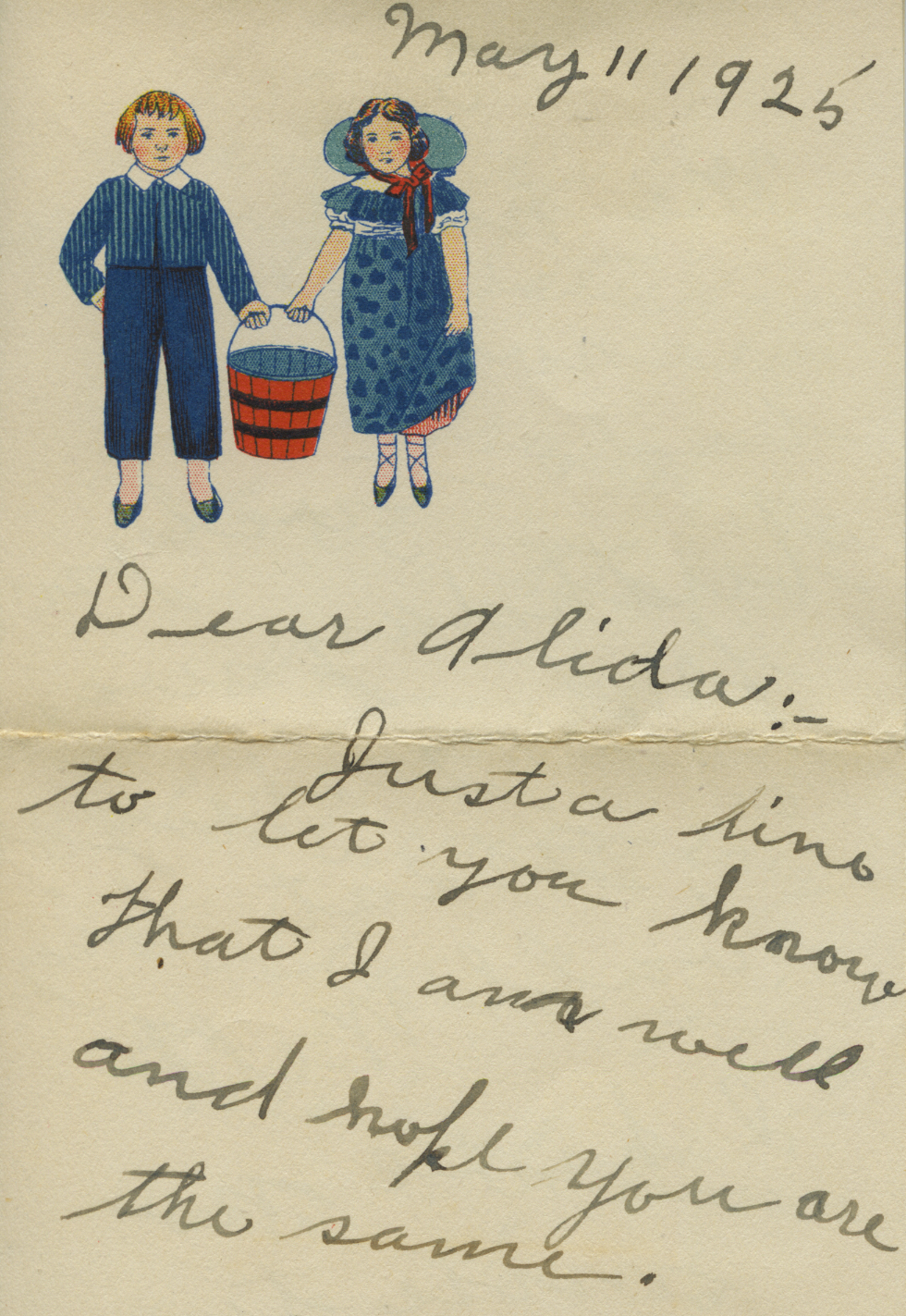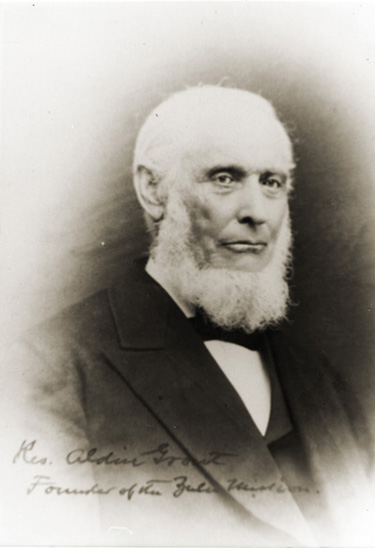Helen B. and Otto K. Hunerwadel Collection
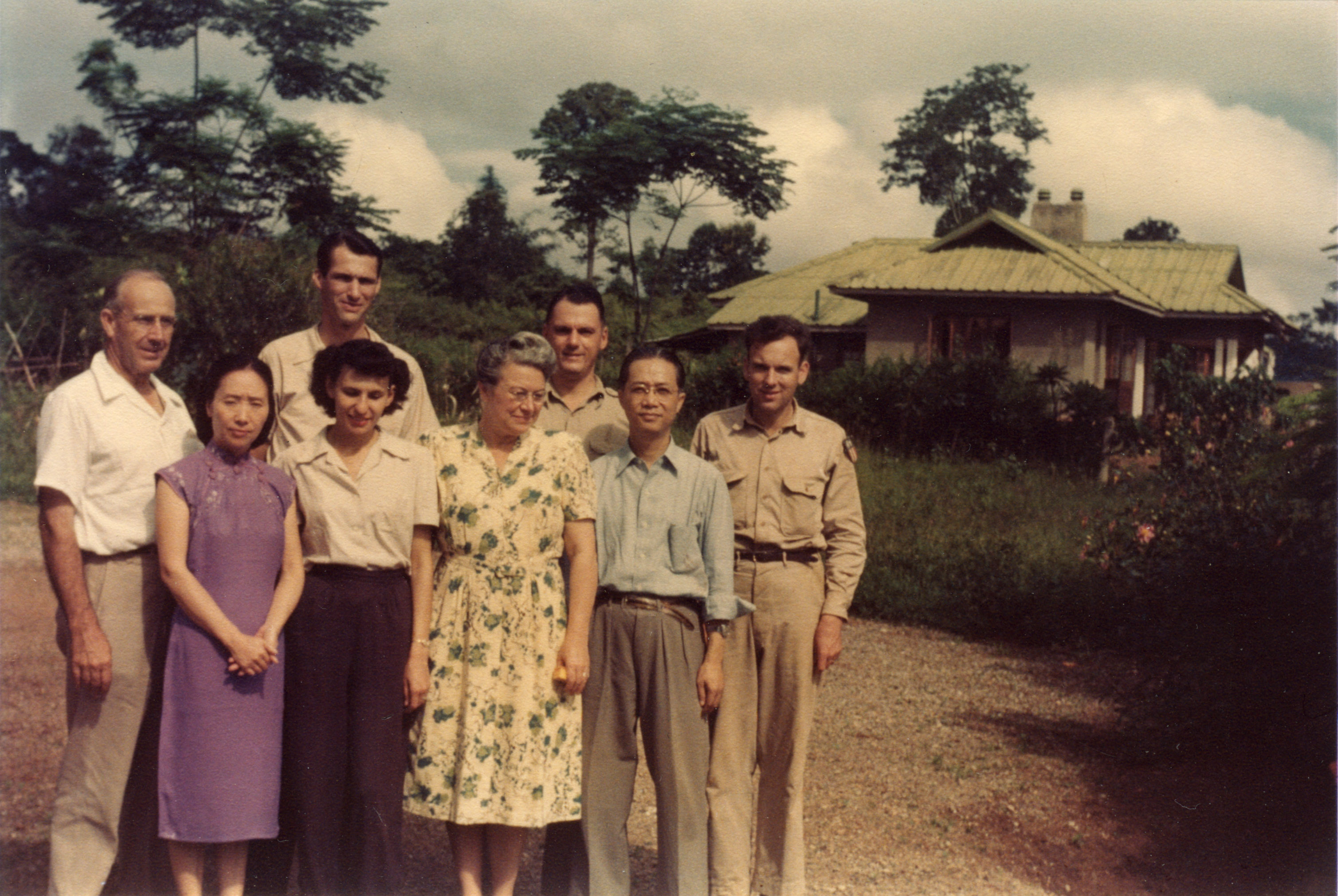
In 1948, Otto and Helen Hunerwadel were among the first cohort of Fulbright grantees to work in the newly independent nation of Burma. Having worked as a county agent in Tennessee since the height of the Depression, Otto (1891-1952) brought a wealth of experience as an agricultural teacher and advisor, while Helen (1898-1996) was an experienced instructor in canning technologies. Based near Taunggyi in the eastern Shan states, the Hunerwadels were witness to the earliest days of conflict between the central government and both Communist and ethnic Karen insurgencies, but despite the instability, they left a record of assistance that contributed both to the formation of US policy in international development and the growth of the Fulbright program. In July 1952, Otto contracted malaria and died in Rangoon of thrombophlebitis produced by his treatment. He became famous posthumously as the model for the heroic title character in William Lederer’s novel, The Ugly American. Although Helen returned to the states after Otto’s death, she continued to work with Fulbright programs, doing two-year tours of Iran (1953-1955) and Surinam.
The collection includes dense documentation of the Hunerwadel’s work in Burma and Iran, and the early years of American foreign aid in south and southeast Asia. Consisting primarily of six thick scrapbooks, the collection provides a rich visual record, combined with letters and printed materials of time abroad. One scrapbook is devoted primarily to the Hunerwadel family, and the collection also includes a plaque commemorating Otto in Burma, and a copy of Helen Hunerwadel’s engaging unpublished memoir, “Our Burma story.”

